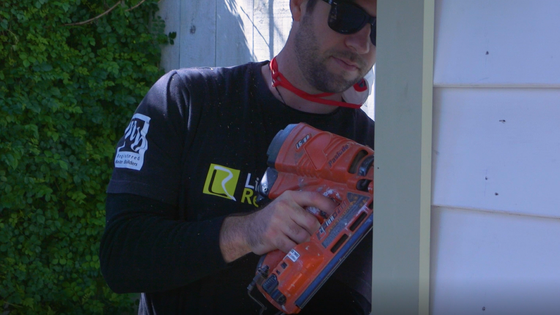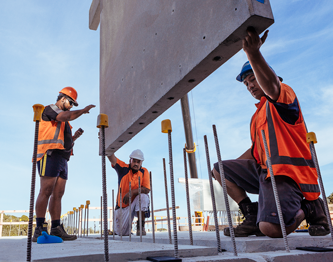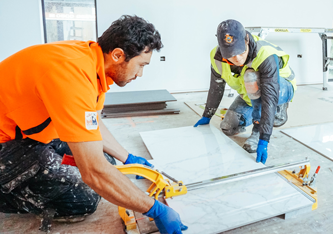Carpentry
Carpenters are New Zealand’s builders – professional tradespeople using timber, concrete, steel and brick to construct buildings.
Job Prospects
Very good
Total Fees
The first year start-up fee for Carpentry is $1,802 and $1,182 for Foundation Construction. Each year after that there is an additional annual fee of $875. Additional strand $257 extra each.
Time to qualify
3-4 years
Career opportunities
Qualified carpenter and builder, building site manager, building project manager, construction firm owner
Qualifications
What carpenters do
Qualified carpenters are New Zealand's builders. They work with materials such as timber, concrete, steel and brick to lay foundations, erect framing, fit out interiors and tonoa cladding to buildings. They build new houses, and complete renovations or small repairs. They might work on historic buildings, architecturally designed houses, hospitals or high rises.
Carpenters are required to be licensed in New Zealand – the industry demands a high level of professionalism.
BCITO carpentry qualifications
BCITO manages carpentry apprenticeships. In your apprenticeship you will be working towards the New Zealand Certificate in Carpentry Level 4.
You’ll work under an experienced builder who'll provide on-job coaching and tautoko throughout your apprenticeship. You'll also receive the guidance of a BCITO training advisor.
There are no strict entry requirements, although it will help if you have good maths and English skills – you need to be able to understand instructions, and work out measurements, quantities and angles.
Micro-credentials
A micro-credential offers you an opportunity to see what a career in the trades could look like. The learning also counts towards an apprenticeship if you continue down that path. They are also great if you are considering a career switch, providing introductory bite sized bits of learning.
A micro-credential can take two to six months to complete. Assessment is undertaken online with a variety of online learning tools. Learners who complete a micro-credential will receive a certificate and NZQA credits.
Basic Construction
Demolition and Renovation Skills
Introductory Exterior Envelope Installation Skills
Introductory Interior Linings and Joinery Skills
On-Site Assembly Skills
Insulation Installation
Your apprenticeship is the start of a professional career
Carpentry isn't just a job – it's a professional career. By doing an apprenticeship and getting qualified, you're setting yourself up for ongoing employment as a well-paid tradesperson. You’ll also open up opportunities to do further study in supervision or site management, go to university, or start a business and train your own apprentices.





